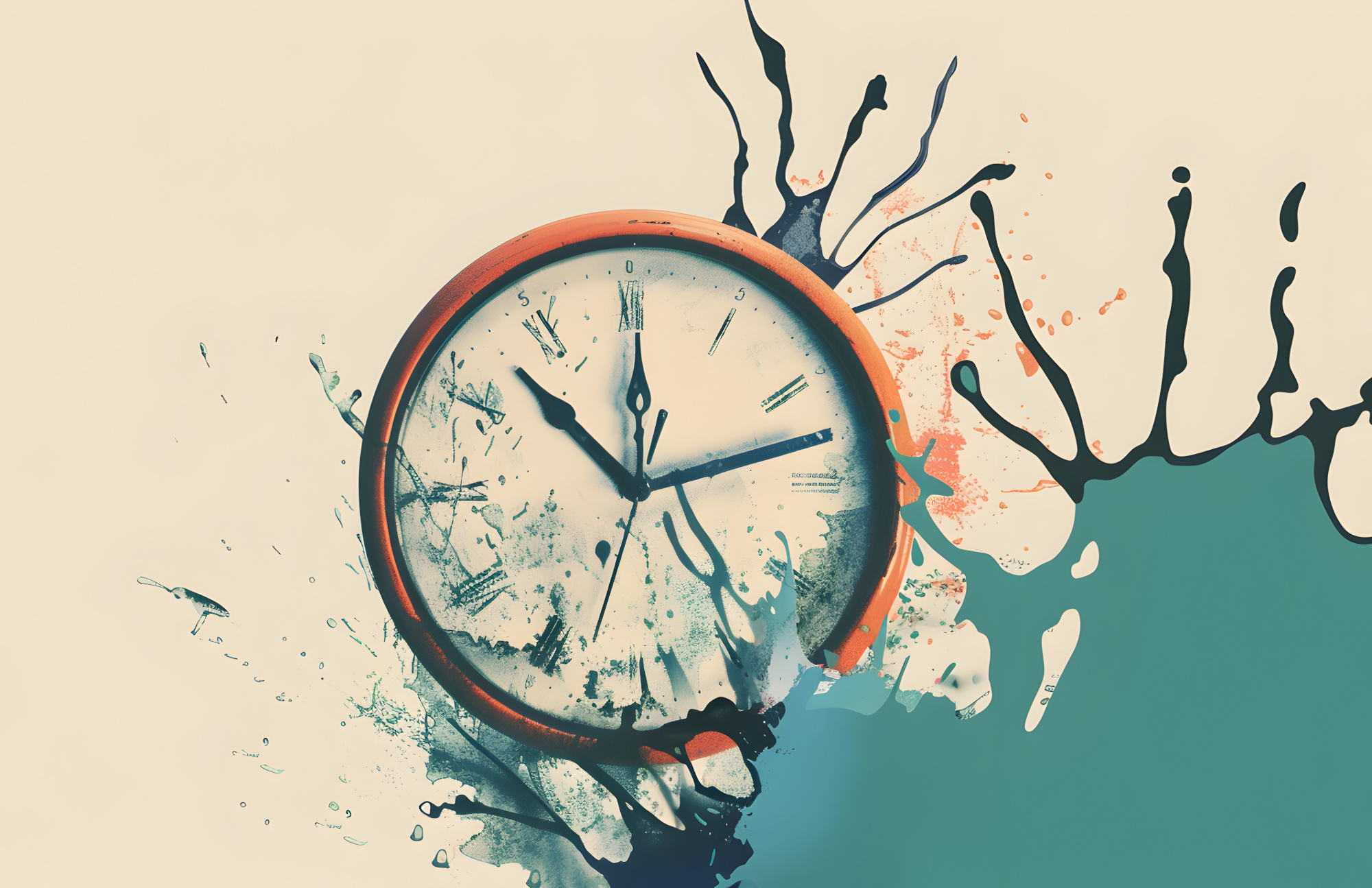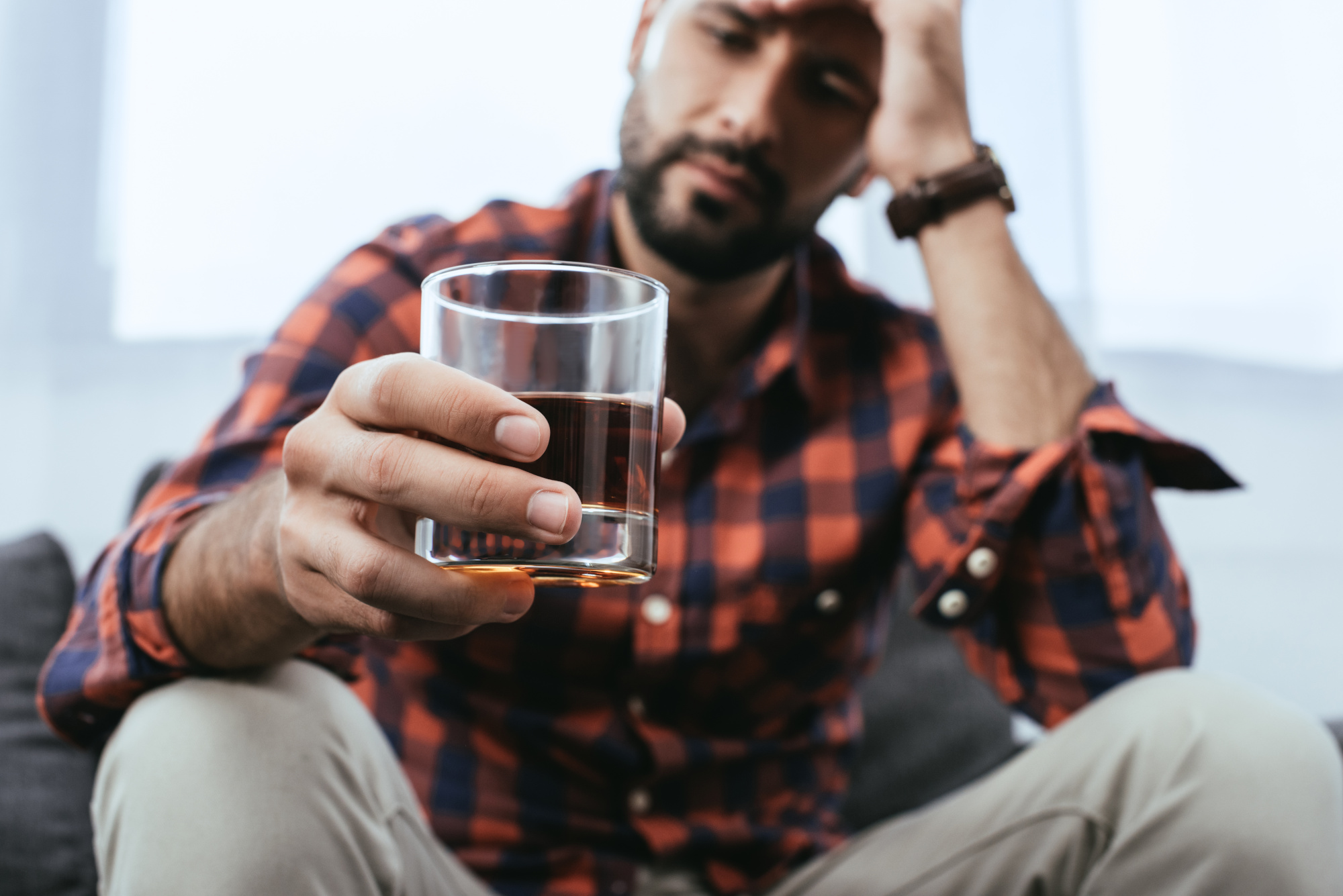The recovery process can put the body through a lot of pain and distress. A primary example is during detox. The effects of withdrawal often include body aches, nausea, vomiting, and other unpleasant symptoms.
During your recovery journey, there will likely be situations when you need to find alternative methods of pain management. Situations like this might include recovery from an intense surgery, mending a broken bone, or going through childbirth.
There are endless ways that we might potentially experience physical pain throughout our lives. Depending on where you are in your recovery journey, certain pain management medications may be a viable option. However, for many, that may not be a possibility. For this reason, it’s important to learn alternative methods and coping skills for handling physical pain during treatment and recovery.
Why You Might Experience Physical Pain During Treatment
The most common reason you might experience physical pain during treatment for drug or alcohol addiction is due to detoxification. The detox process is a necessary first step toward addiction recovery. There are many physical side effects you may experience, and learning to cope with them will also better prepare you for the psychological bumps you’ll hit through your journey to recovery. When a person becomes dependent on drugs or alcohol, the body and brain become accustomed to having it in their system. When the level of this substance use is decreased, or cut off completely, the body has to adjust. This can lead to many withdrawal symptoms, some of which can be painful.
The level of withdrawal symptoms is dependent on the severity of the substance use. Just as each person’s recovery process is unique, so is each person’s detox process. Withdrawal symptoms are not just specific to physical symptoms either. They can affect psychological well-being as well, causing anxiety, irritability, and even hallucinations. Some of the physical symptoms often experienced include:
-
Body tremors
-
Muscle and bone pain
-
Abdominal cramps
-
Headaches
-
Severe exhaustion
While each symptom may not cause extensive pain on its own, if experienced together and constantly, the pain can become quite unbearable for many. For that reason, learning how to manage pain can be essential for successful recovery.
Alternative Methods of Pain Management
Whether you’re in the detox stage, early recovery, or have been in recovery for years, it is important to have knowledge about alternative methods of pain management. In fact, many people who are not suffering from addiction prefer alternative methods of pain management for the sake of limiting the use of certain medications. Holistic approaches to health are more desired than ever, making it easier to learn more about this topic.
Not only will alternative and holistic pain management methods help prevent further drug use, but they also have several benefits on their own. Some pain management methods you can experiment with include:
-
Yoga and breathwork practices
-
Music therapy
-
Acupuncture
-
Herbal medicine and remedies
-
Mindfulness-based stress reduction
These methods are commonly used to treat chronic pain holistically and can benefit individuals by:
-
Improving blood pressure or reducing inflammation
-
Increasing levels of energy, leading to a more active lifestyle
-
Improving immune health through cell growth and regeneration
At The Ohana Addiction Treatment Center, we focus on holistic approaches to treatment, implementing many similar practices into our program. These include yoga, practicing mindfulness, and even focusing on adventure therapy.
Handling Pain Throughout Your Addiction Recovery
While a life of sobriety is well worth the hard work you put in, individuals in long-term recovery may sometimes struggle with pain management. However, this is not something you should be afraid of. Therapy, support groups, and having a trusted team of medical professionals can help you to be successful in your long-term recovery.
Sometimes, a desire to live without pain is what triggers unhealthy coping methods, which is why learning alternative methods are so important. However, to avoid narcotic pain relief, you may require a complete change in lifestyle. This can range from the incorporation of light physical activity into your daily life, to a change in dietary habits as well. You also have to be an advocate for yourself, which requires being informed as well as being adamant about using non-opioid pain medications.
Believe it or not, there are many alternative non-opioid medications that can treat your pain. Some are commonly known medications like ibuprofen, but acetaminophen, antidepressants, and beta-blockers are other non-opioid methods for treating different issues. Being knowledgeable about alternative, holistic, and non-opioid pain management methods can help you manage pain during treatment and also chronic pain issues you may experience throughout your recovery.
To learn more about holistic approaches to pain management, consider reaching out to The Ohana Addiction Treatment Center today.







